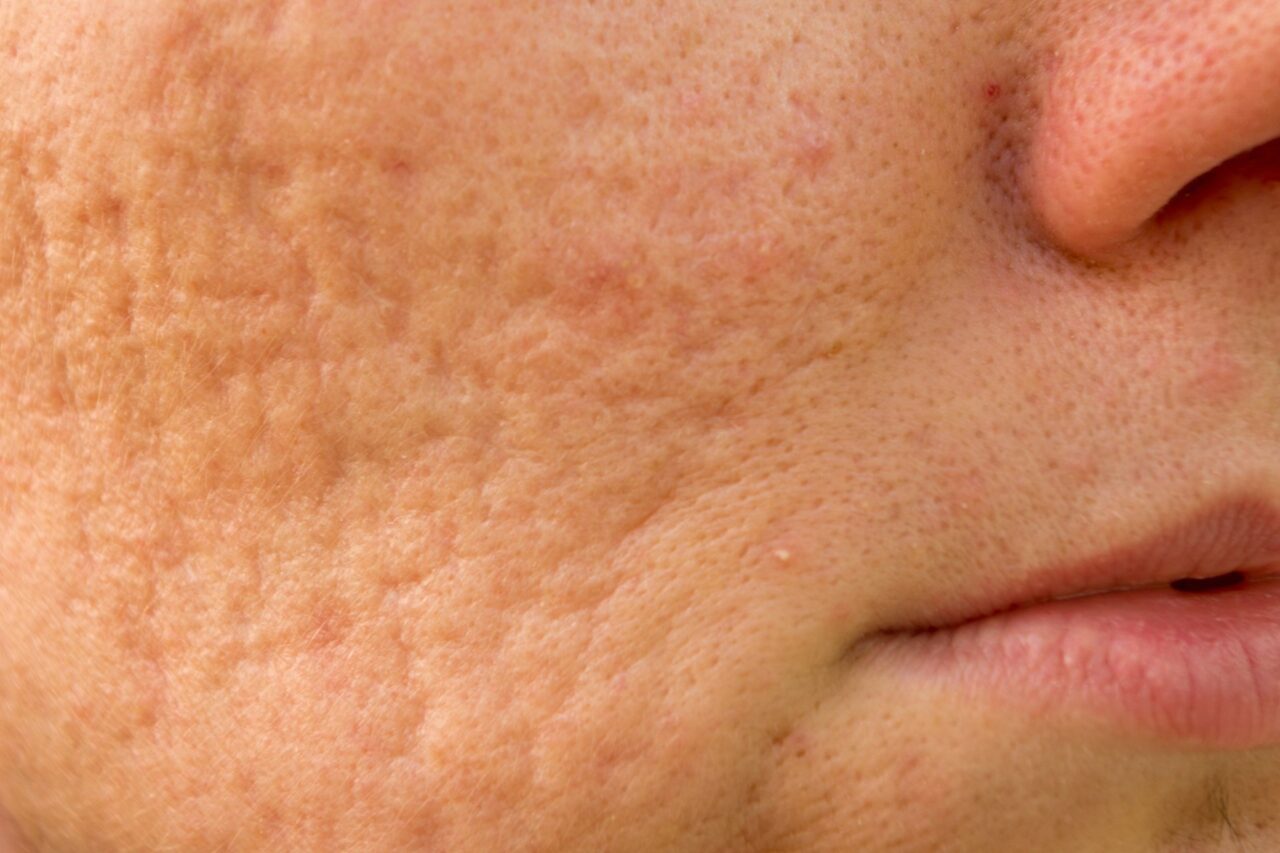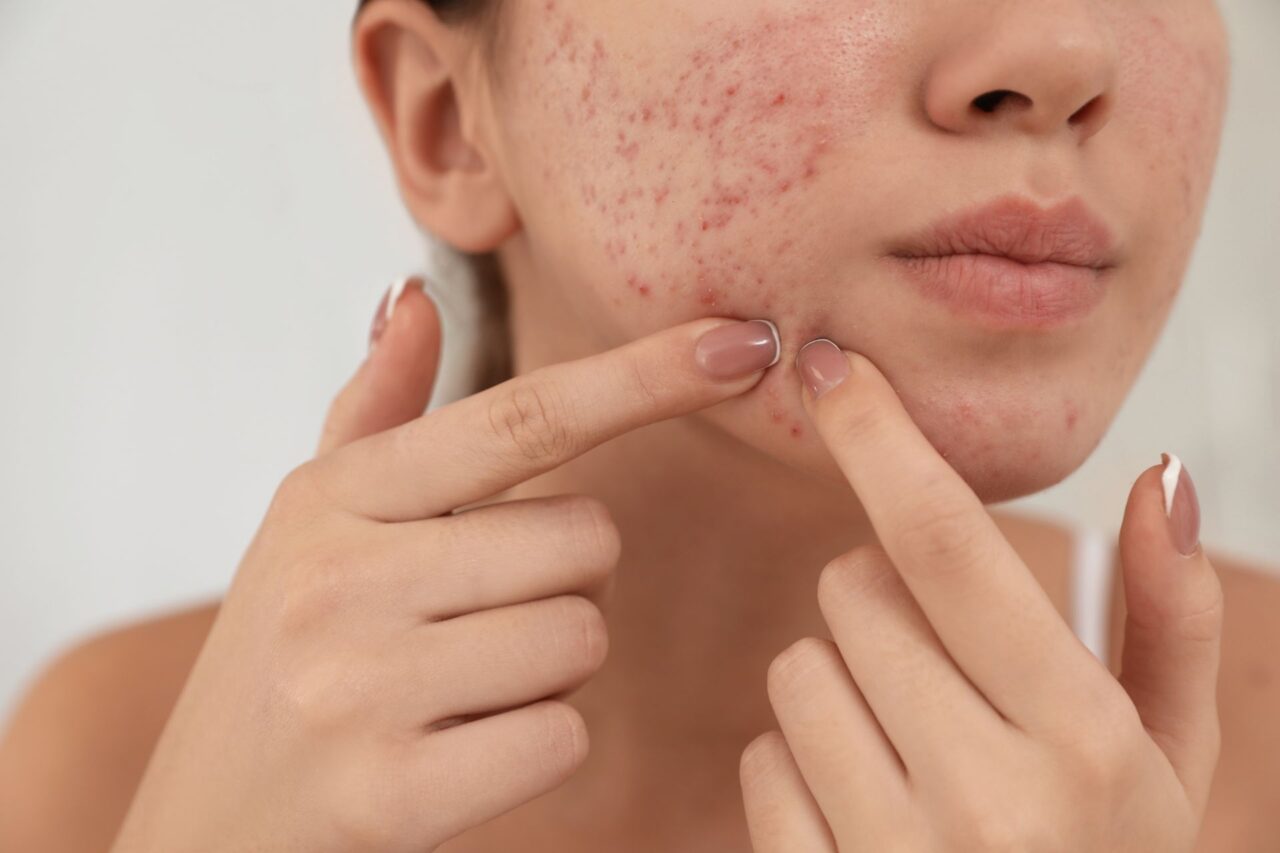Introduction to Hypochlorous Acid
Hypochlorous acid, often hailed as nature’s potent disinfectant, has gained significant attention in skincare circles for its remarkable properties. This article delves into the realm of the best hypochlorous acid for skin, exploring its efficacy, benefits, and safe usage.

What is Hypochlorous Acid?
Hypochlorous acid (HOCl) is a weak acid that forms when chlorine dissolves in water. It’s produced naturally by the body’s immune system to combat pathogens. Despite its powerful disinfectant properties, it’s gentle on the skin, making it a popular choice in skincare products.
Benefits of Hypochlorous Acid
The best hypochlorous acid for skin offers a myriad of benefits:
- Antimicrobial: Effectively kills bacteria, viruses, and fungi without harming the skin’s natural microbiome.
- Anti-inflammatory: Soothes irritated skin and reduces redness and swelling.
- Promotes Healing: Accelerates wound healing and aids in tissue repair.
- Non-toxic: Safe for all skin types, including sensitive skin, as it’s free from harsh chemicals.
Using Hypochlorous Acid for Skin
Hypochlorous Acid Cleansers
Hypochlorous acid cleansers provide a gentle yet thorough cleanse, removing impurities without stripping the skin’s natural oils. They’re suitable for daily use and can help maintain skin health.
Hypochlorous Acid as a Toner
Using hypochlorous acid as a toner helps balance the skin’s pH levels, tighten pores, and prep the skin for subsequent skincare products. It promotes a healthy skin barrier and enhances product absorption.
Hypochlorous Acid for Acne Treatment
The antibacterial properties of hypochlorous acid make it an effective acne treatment. It targets acne-causing bacteria while reducing inflammation, resulting in clearer skin over time.
Hypochlorous Acid for Wound Healing
Hypochlorous acid accelerates the wound healing process by reducing the risk of infection and promoting tissue regeneration. It’s particularly beneficial for minor cuts, scrapes, and burns.
Hypochlorous Acid for Eczema Relief
Eczema-prone skin can benefit from hypochlorous acid’s anti-inflammatory properties. It helps alleviate itchiness, redness, and discomfort associated with eczema flare-ups, promoting skin comfort and relief.
How to Choose the Best Hypochlorous Acid Product for Your Skin
When selecting a hypochlorous acid product for your skincare routine, consider the following factors:
- Ingredients: Opt for products with pure hypochlorous acid and minimal additives for optimal efficacy and safety.
- Concentration: Look for products with a clinically proven concentration of hypochlorous acid to ensure effectiveness.
- pH Balance: Choose products with a pH level similar to that of the skin (around 5.5) to maintain the skin’s natural balance.
- Packaging: Select products with airtight packaging to prevent oxidation and maintain product stability.
Safety and Precautions
While hypochlorous acid is generally safe for topical use, it’s essential to follow these precautions:
- Avoid contact with eyes and mucous membranes.
- Perform a patch test before using a new product, especially if you have sensitive skin.
- Discontinue use if irritation occurs and consult a dermatologist if necessary.
- Store products away from direct sunlight and high temperatures to maintain stability.

Frequently Asked Questions (FAQs)
Can hypochlorous acid be used on sensitive skin?
- Hypochlorous acid is gentle enough for sensitive skin types and can help soothe irritation and redness.
Is hypochlorous acid safe for daily use?
- Yes, hypochlorous acid is safe for daily use and can be incorporated into both morning and evening skincare routines.
Can hypochlorous acid help with rosacea?
- Hypochlorous acid’s anti-inflammatory properties make it beneficial for managing rosacea symptoms, such as redness and flushing.
Does hypochlorous acid have a strong odor?
- No, hypochlorous acid is odorless, making it suitable for individuals sensitive to fragrance in skincare products.
Can hypochlorous acid be used on open wounds?
- Yes, hypochlorous acid can be applied to open wounds to prevent infection and promote healing. However, it’s essential to consult a healthcare professional for proper wound care advice.
Is hypochlorous acid safe during pregnancy?
- While hypochlorous acid is generally considered safe for topical use, pregnant individuals should consult their healthcare provider before incorporating it into their skincare routine.
Conclusion
In conclusion, the best hypochlorous acid for skin offers a plethora of benefits, ranging from antimicrobial properties to wound healing and eczema relief. By understanding its efficacy and safe usage, individuals can harness the power of hypochlorous acid to achieve healthier, radiant skin.




